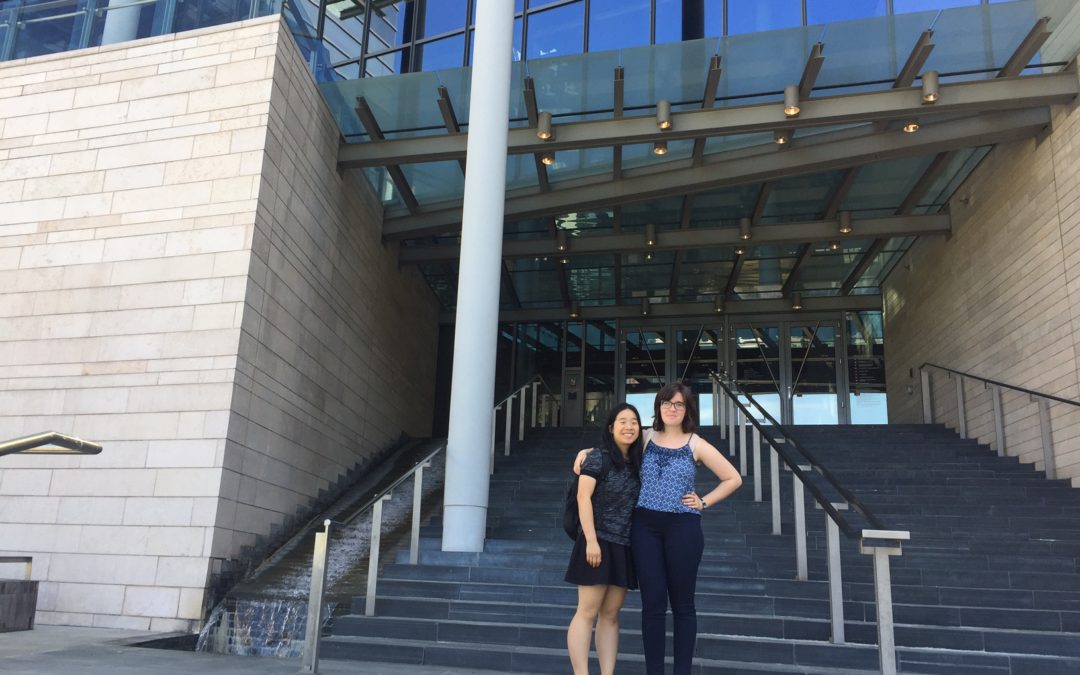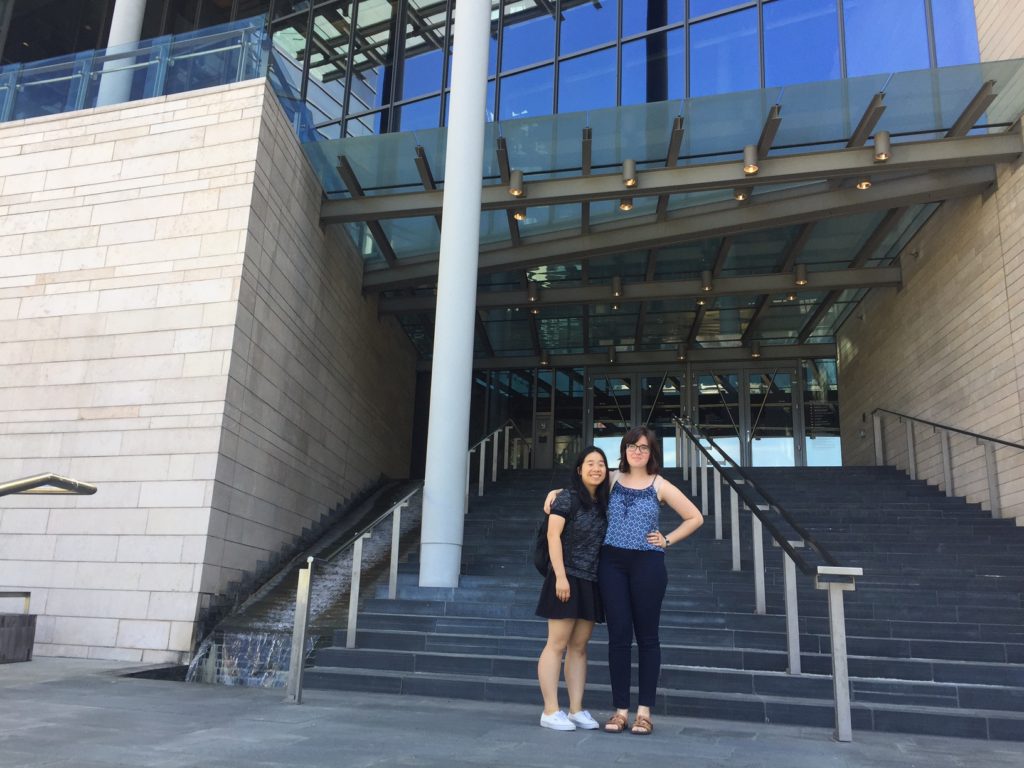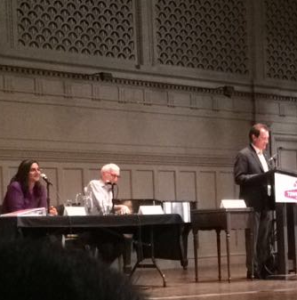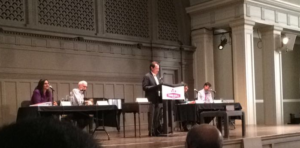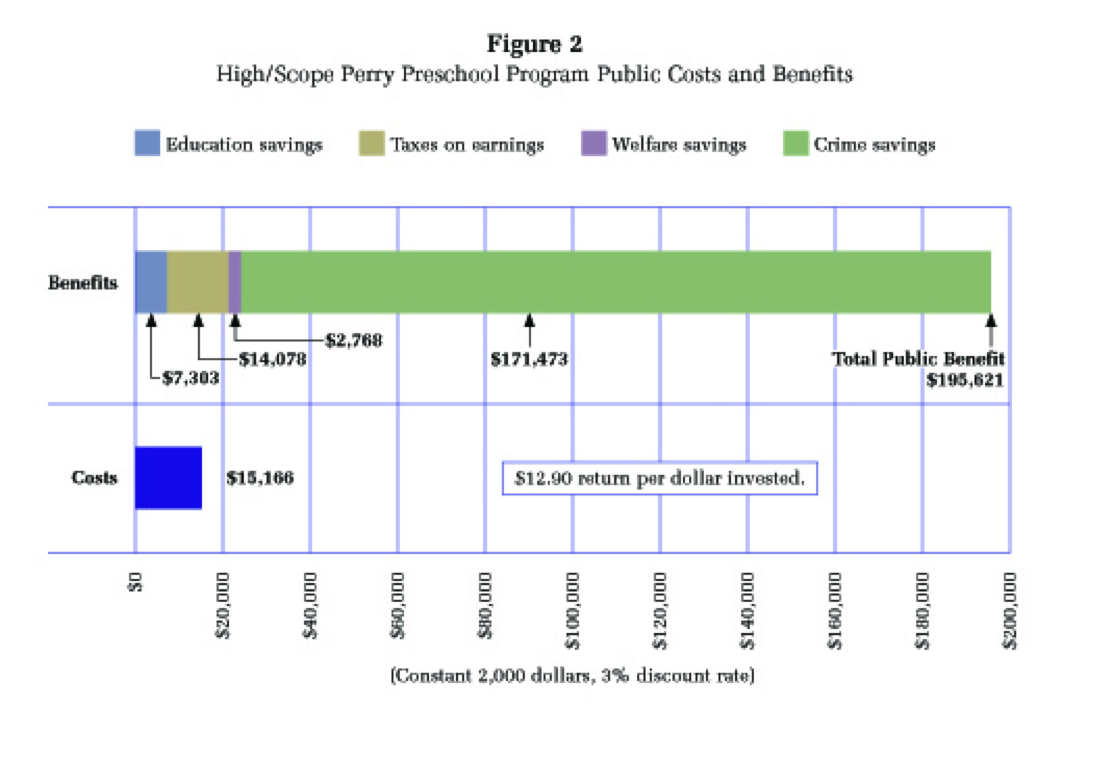
Summer Fellowship is #HellaDigital
Dear Bus Family and Friends,
As COVID -19 continues to reveal the deep inequities in our democracy, the Bus is doubling down on our efforts to shape Washington’s future. For this reason, the Bus Summer Fellowship is going digital! This year we will focus on transforming digital action into political action.
Fellows will experience the same hands on democracy, community building, and social justice learning as always. Organizing our peers now means organizing rad online events, base building through social media, and throwing the most fun “couch parties” that have ever happened. Climate justice and housing affordability impact young people now more than ever, and Fellows will lead the charge on organizing their peers to uplift these core issues. We’re excited to transform digital organizing and bring it to the forefront of the Bus’ work with the help of a skilled class of Fellows, social justice experts, and our partner organizations.
Meeting young people where they are has taken on a whole new meaning in the time of social distancing. We can’t wait for you all to meet the Fellowship Class of 2020 as they take over the internet and advance progressive reform across Washington State.
Best,
 .
. ![]()
Mo Pannier, Leadership Development Coordinator
 .
. 
Leila Reynolds, Field Organizer
PS: Check out this video of our dear VoteBot going RemoteBot — enjoy!

